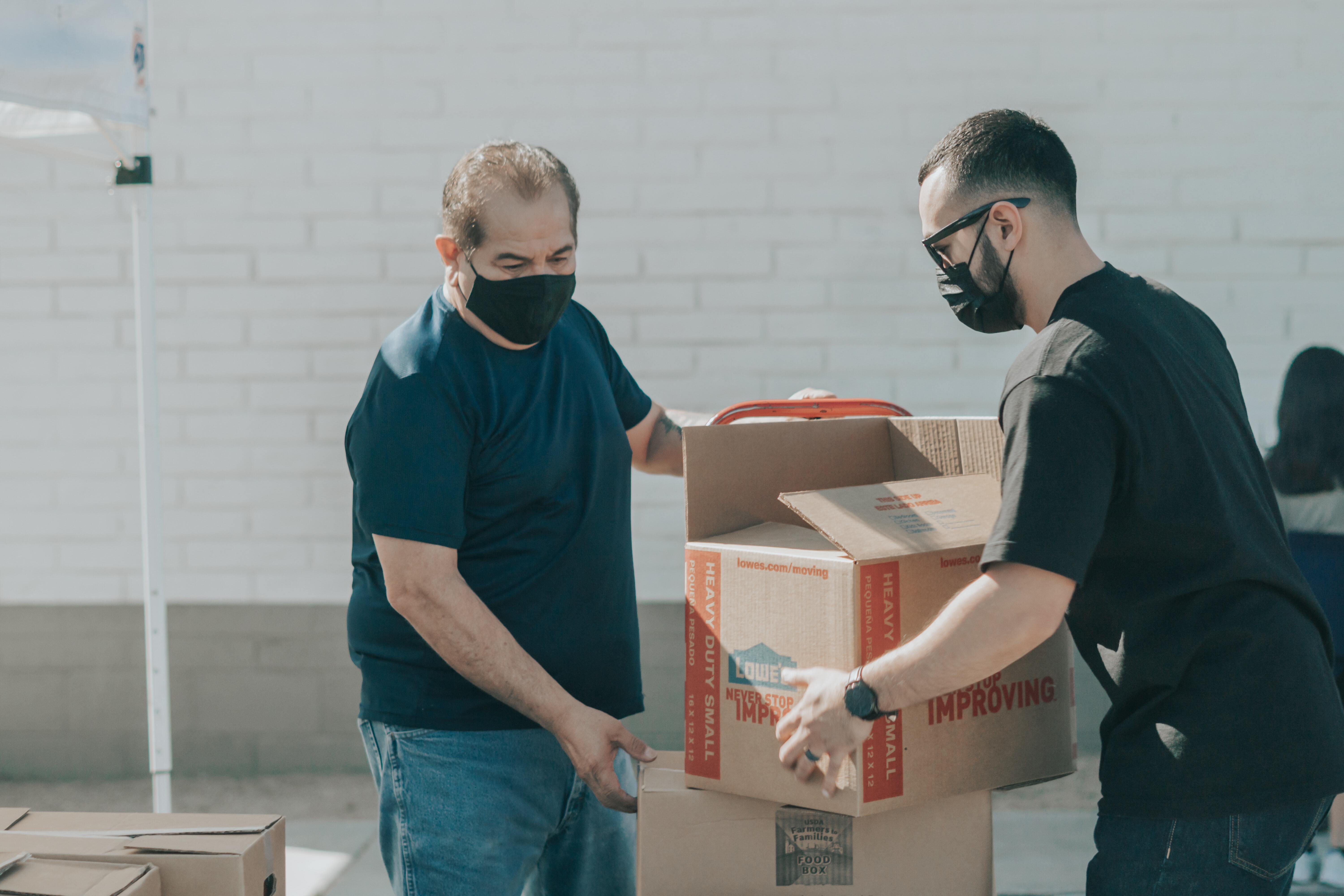
Things have changed around here
We've rebranded from Collective Benefits to Onsi. This content is from before our rebrand so you may see mention of our old name.
We’ve expanded our ambition by running a survey to understand the state of the sector in the UK overall, and how the wants, needs and experiences of independent workers compare to those who do not find work through the platform economy.
1,000 people who find work through platforms such as Uber, Amazon Flex or Deliveroo, responded. We had the same number of responses from their peers who do not work in the platform economy.
The data tells us that far too many independent workers are still exposed to a triple set of risks.
One, they are more likely to be exposed to physical harm, or to suffer mental health issues such as anxiety or depression, as a result of work. For instance, 46% of platform economy workers say that they have suffered a physical injury while at work in the last twelve months, with injuries ranging from cuts and bruises to broken bones. 50% have suffered a mental health issue as a result of work.
Two, they have fewer protections. For example, only 21% report access to paid sick leave (something that employees receive as a legal right).
Three, they have fewer savings to get them through periods when they are not able to work. Nearly one-in-ten report that their savings would last them less than a week.
The consequences for workers are as you’d expect. For instance, 36% of platform economy workers report feeling unable to take time off work when ill, as they can’t afford to miss out on the pay. (For their non-platform peers, the figure falls to 17%).
This is clearly a wake-up call.
The workers who responded to our survey care for our loved ones, deliver our food, medicine and Christmas gifts, they move us around so that we can get home safely and in comfort. They helped many of us get through lock-downs, even in the darkest and coldest months.
We’ve shown at Collective Benefits that it is possible to provide protections and benefits to independent workers (now at over 100,000 in the UK alone) while maintaining the flexibility that workers want over when, where and how they work.
It now - surely - must be time for the rest to receive the same.


